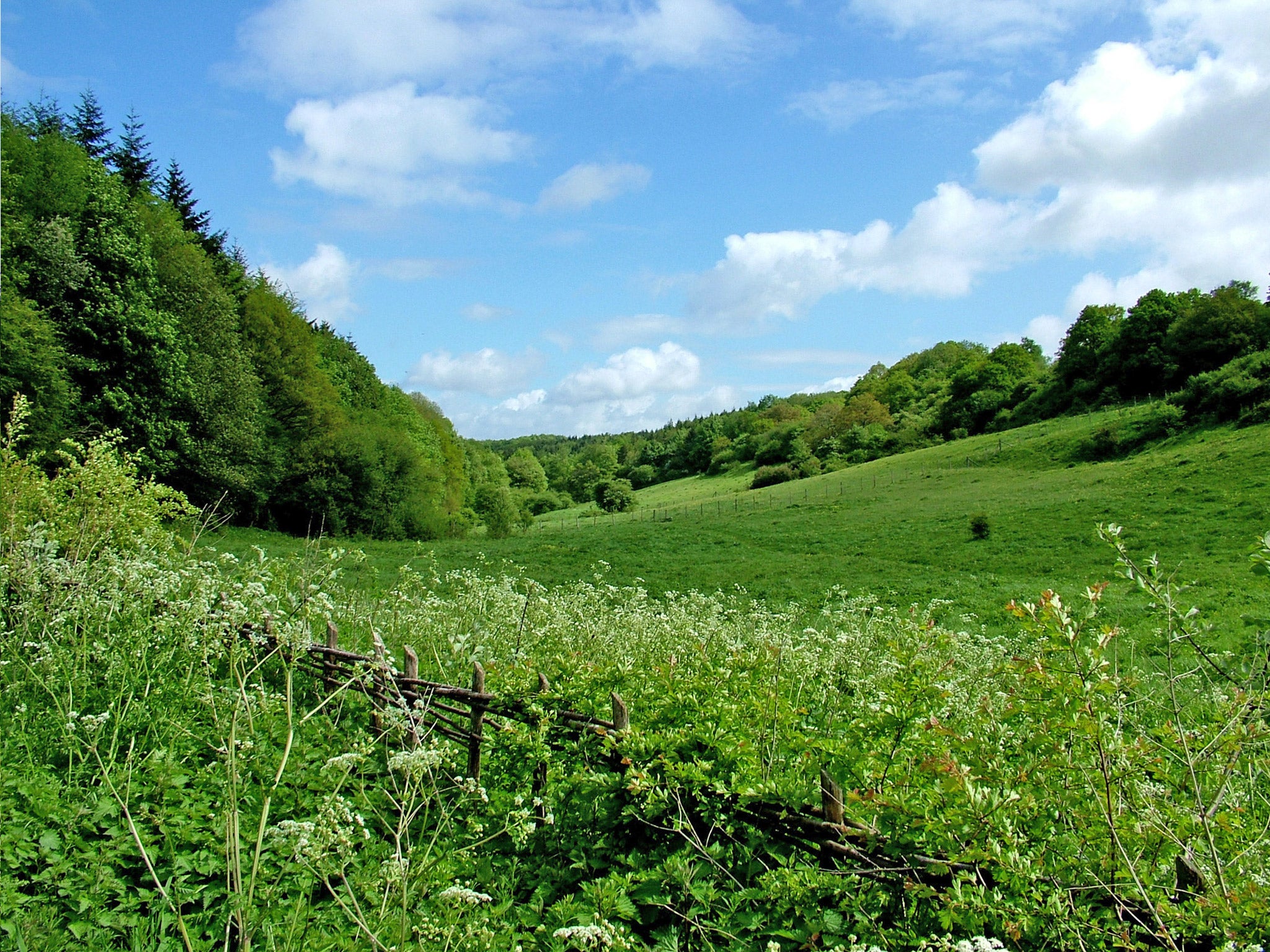Wildife Trusts: Britain's grasslands face greatest ever threat from building development and climate change

Your support helps us to tell the story
From reproductive rights to climate change to Big Tech, The Independent is on the ground when the story is developing. Whether it's investigating the financials of Elon Musk's pro-Trump PAC or producing our latest documentary, 'The A Word', which shines a light on the American women fighting for reproductive rights, we know how important it is to parse out the facts from the messaging.
At such a critical moment in US history, we need reporters on the ground. Your donation allows us to keep sending journalists to speak to both sides of the story.
The Independent is trusted by Americans across the entire political spectrum. And unlike many other quality news outlets, we choose not to lock Americans out of our reporting and analysis with paywalls. We believe quality journalism should be available to everyone, paid for by those who can afford it.
Your support makes all the difference.Britain’s already decimated reserves of grassland face an unprecedented threat from building developments and climate change, The Wildlife Trusts have warned.
The area of wildlife-rich grassland, from idyllic, sheltered meadows to roadside verges, has already been rapidly eroded in recent decades, with less than three per cent of remaining from postwar levels. Furthermore, new figures today reveal that the deterioration has increased in recent years, with parts of the country losing as much as a quarter of their grassland in less than a decade.
The Wildlife Trusts warned that the deterioration is in danger of accelerating as intensive farming, increasing development and climate change threaten to destroy ever-greater swathes of the remaining grassland.
Paul Wilkinson, The Wildlife Trusts' head of living landscape, said: “Now more than ever the pressure is increasing on land use. The Government is pushing for growth, there is increased need for housing and pressure around food production is intensifying farming. There are 200 new road schemes in the cards and the HS2 rail link.”
These wildlife-rich grasslands are crucial to the environment and society, he argues. They support bees and other pollinators and an abundance of species from butterflies to barn owls, and store carbon. Furthermore, they secure soils and help to curb flooding by storing water, he added.
Stephen Trotter, The Wildlife Trusts’ director, said the grasslands also play a key role in the arts and the British psyche.
“If we don’t act fast we’ll lose the natural heritage that has inspired writers and artists through generations – from Shakespeare to Hockney. If we don’t act now, we’ll lose an important natural resource that benefits farming, wildlife and people,” Mr Trotter said.
The Wildlife Trusts' local branches have conducted a study of their local grassland.
This found that 24 per cent of the 200 areas of grassland in Worcestershire that had been designated as Local Wildlife Sites have been lost or badly damaged since 2005. An area is jointly designated as a Local Wildlife Sites by the local wildlife trust, local authority and Natural England.
Meanwhile, a quarter of these grassland Local Wildlife Sites in Nottinghamshire have lost their designation since 2005 and 27 per cent in Cumbria lost theirs between 2008 and 2011.
The Wildlife Trusts say the best way to protect the remaining meadowland is by changing farming practices. The Government is reviewing the terms of the Common Agricultural Policy and the Trusts want subsidies to farmers to be more closely linked to preserving grassland.
The Trusts are also calling for the Government to set up a national inventory of grassland to make it easier to monitor its depletion.
A spokesman for the Department of Environment, Food and Rural Affairs said: “We are committed to protecting and restoring our grasslands. Following recent reform of the Common Agricultural Policy we are investing some £3.1 billion until 2020 to protect and enhance our natural environment. In addition 12 Nature Improvement Areas are currently restoring significant areas of grassland across England.”
Join our commenting forum
Join thought-provoking conversations, follow other Independent readers and see their replies
Comments